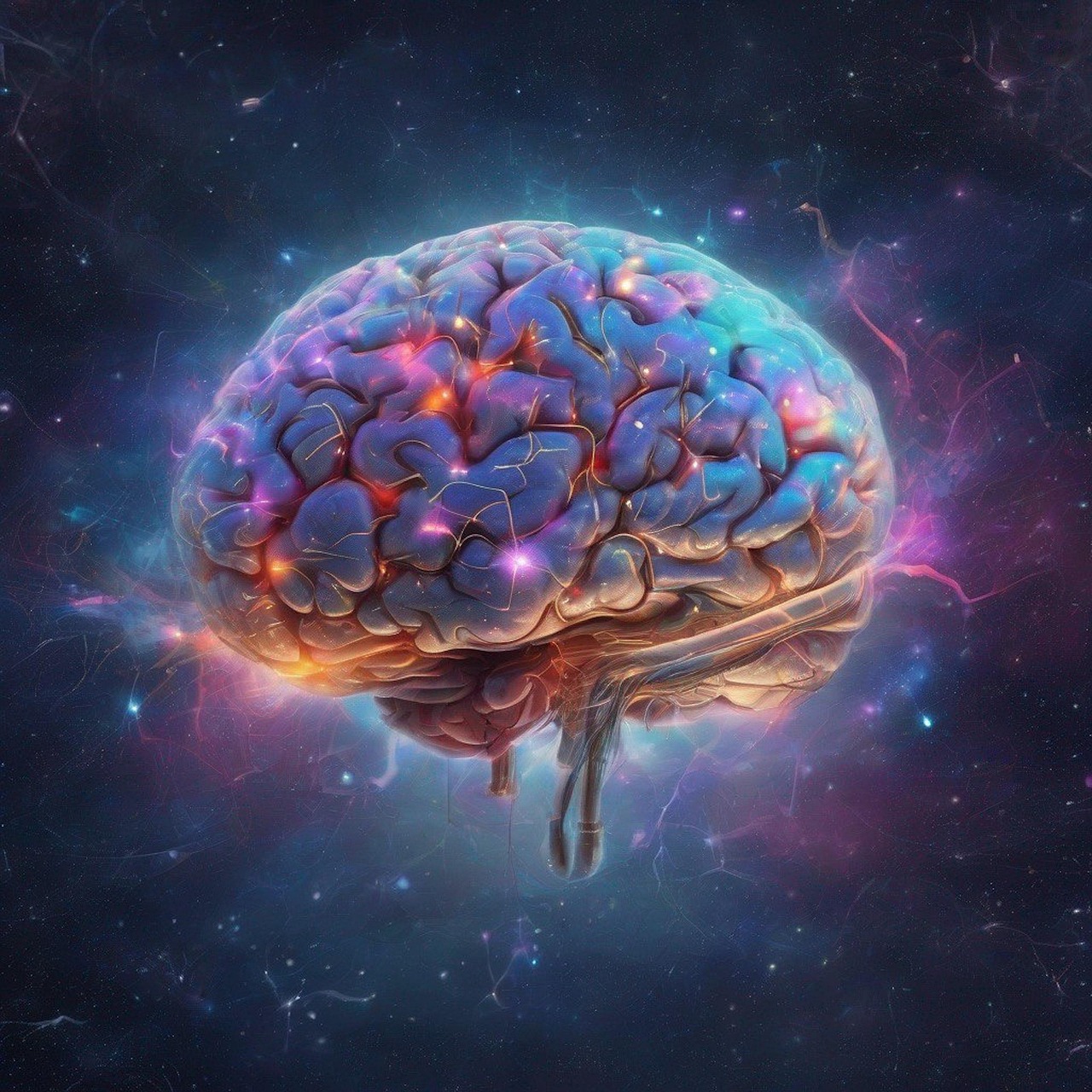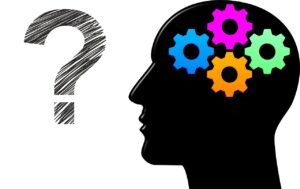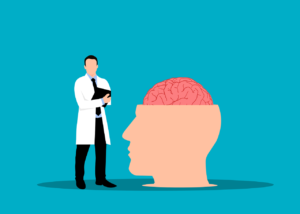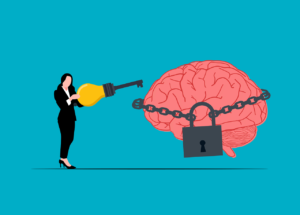What is Intellectual Developmental Disorder?
Intellectual developmental disorder which is normally known as intellectual disability or disorder is type of disorder which starts in the developmental stage of children. This disorder includes the delay in both intellectual and adaptive performance deficits in social, abstract, and practical domains.
 Intellectual
Intellectual functions of brains are involved in cognitive reasoning, abrupt problem solving ability, planning and formatting, intangible thinking, judgment, decision making, learning from given instruction by teacher or parents and experience from surroundings, and practical understanding. Some Critical components of intellectual disability during developmental stage of life include ability of kid to understand spoken or written language and to interpret the meanings of text, week working or short term memory, lack in ability to interpret and judge visual informations, lack in ability to apply learned mathmatical skills to solve real world problems like to make small calculations, and they lack in ability to think of new ideas.

Intellectual functioning of a kid during developmental stage is typically measured with individually administered and psychometrically valid, comprehensive, and culturally appropriate
tests of intelligence.
Diagnostic Features of Intellectual Developmental Disorder
The important features of intellectual developmental disorder (intellectual disability) are as following
Criteria A:
The diagnostic criteria of intellectual disability is mentioned briefly in this paragraph. There is deficits in
general mental abilities. These general mental abilities means intellectual functioning which is thought to be developed at the specific biological age of the children. These mental abilities includes logical reasoning, development of problem solving ability, tangibly thinking of the things or the objects which are not present at the moment, the ability of judgment, the ability to learn from the instructions given by parents at home or by teacher in the schools and practical understanding of the things. Critical components of general mental abilities in developmental age includes verbal comprehension, perception of things visually, working of short term memory, and cognitive efficacy.

Criterion B:
The above mentioned symptoms in diagnositc criteria for Intellectual disability A causes the impairment in daily adaptive functioning of the child, in comparison to the other children of individual’s age, having the same gender, and socio-economically and culturally having the same status are matched peers
Criteria C:
Onset is during the developmental period means during the developmental delay starts at the early developmental age
The diagnosis of intellectual developmental disorder is made on the basis on both clinical valuation and standardized testing which are developed to check the intellectual functions of children. Standardized neuropsychological tests, and some standardized tests of adaptive functioning are used for this purpose by the professionals.
Testing of Intellectual disorder
Children with intellectual developmental disorder usually have scores about two standard deviations or it will be below then the mean of population, with considering margin of (generally ± 5 points) for measurement error. The scores on tests which have mean (100) and standard deviation of (15), this contains a score of 65–75 (70 ± 5). Some essential clinical trainings are mandatory to interpret and understand test results and evaluate intellectual performance of participant. There are some factors that may impact test scores include repetition effects (i.e., learning from repeated testing) and the “Flynn effect” (i.e., overly high scores due to out-of-date test norms).

Severity levels of Intellectual Developmental Disorder
There are four severity levels of intellectual developmental disorder
Mild
There may be no conceptual difference for pre-school children and for school age and adults they may have some difficulty in academic skills lerning like reading, writing and arithmetic & money. The children with intellectual developmental disorder have difficulty in social interactions and also have difficulty in accurately percieving peers. Sometimes they need some support for daily living tasks of selfcare.
Moderate
Their conceptual skills lag behind as compare to age fellows for preschool childrens. For school going children progress in academic skills like writing, reading, arithmetic & money develop slowly as compare to other peers. Individual may not interpret or percieve soical cues accurately. Individual can mantain personal hygiene eating, eliminating etc but it can require more training and teaching.
Severe
In the severe intellectual developmental disorder the learning and conceptual skills performance is very limited and speech and communication are only focused on here and now. Individual with severe symptoms require permanent support for bathing, dressing, eating, eliminating and etc.
Profound
The conceptual skills of individual invloves physical world instead of symbolic processes. Individual with profound Intellectual developmental disorder may express his or her desires and emotions by nonverbal communication. Individual is dependent on others for all aspects of daily life.

 Intellectual functions of brains are involved in cognitive reasoning, abrupt problem solving ability, planning and formatting, intangible thinking, judgment, decision making, learning from given instruction by teacher or parents and experience from surroundings, and practical understanding. Some Critical components of intellectual disability during developmental stage of life include ability of kid to understand spoken or written language and to interpret the meanings of text, week working or short term memory, lack in ability to interpret and judge visual informations, lack in ability to apply learned mathmatical skills to solve real world problems like to make small calculations, and they lack in ability to think of new ideas.
Intellectual functions of brains are involved in cognitive reasoning, abrupt problem solving ability, planning and formatting, intangible thinking, judgment, decision making, learning from given instruction by teacher or parents and experience from surroundings, and practical understanding. Some Critical components of intellectual disability during developmental stage of life include ability of kid to understand spoken or written language and to interpret the meanings of text, week working or short term memory, lack in ability to interpret and judge visual informations, lack in ability to apply learned mathmatical skills to solve real world problems like to make small calculations, and they lack in ability to think of new ideas.
 Intellectual functioning of a kid during developmental stage is typically measured with individually administered and psychometrically valid, comprehensive, and culturally appropriate tests of intelligence.
Intellectual functioning of a kid during developmental stage is typically measured with individually administered and psychometrically valid, comprehensive, and culturally appropriate tests of intelligence.

